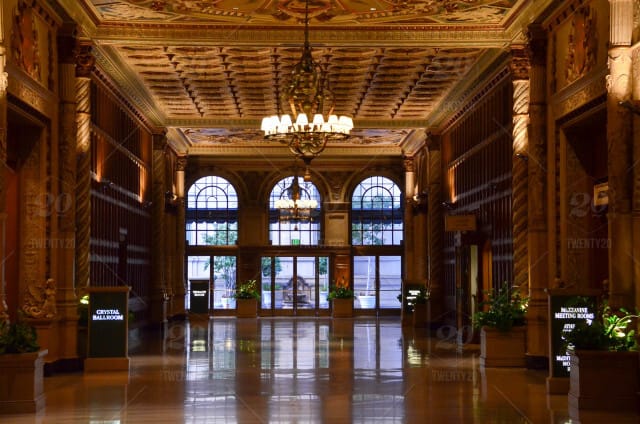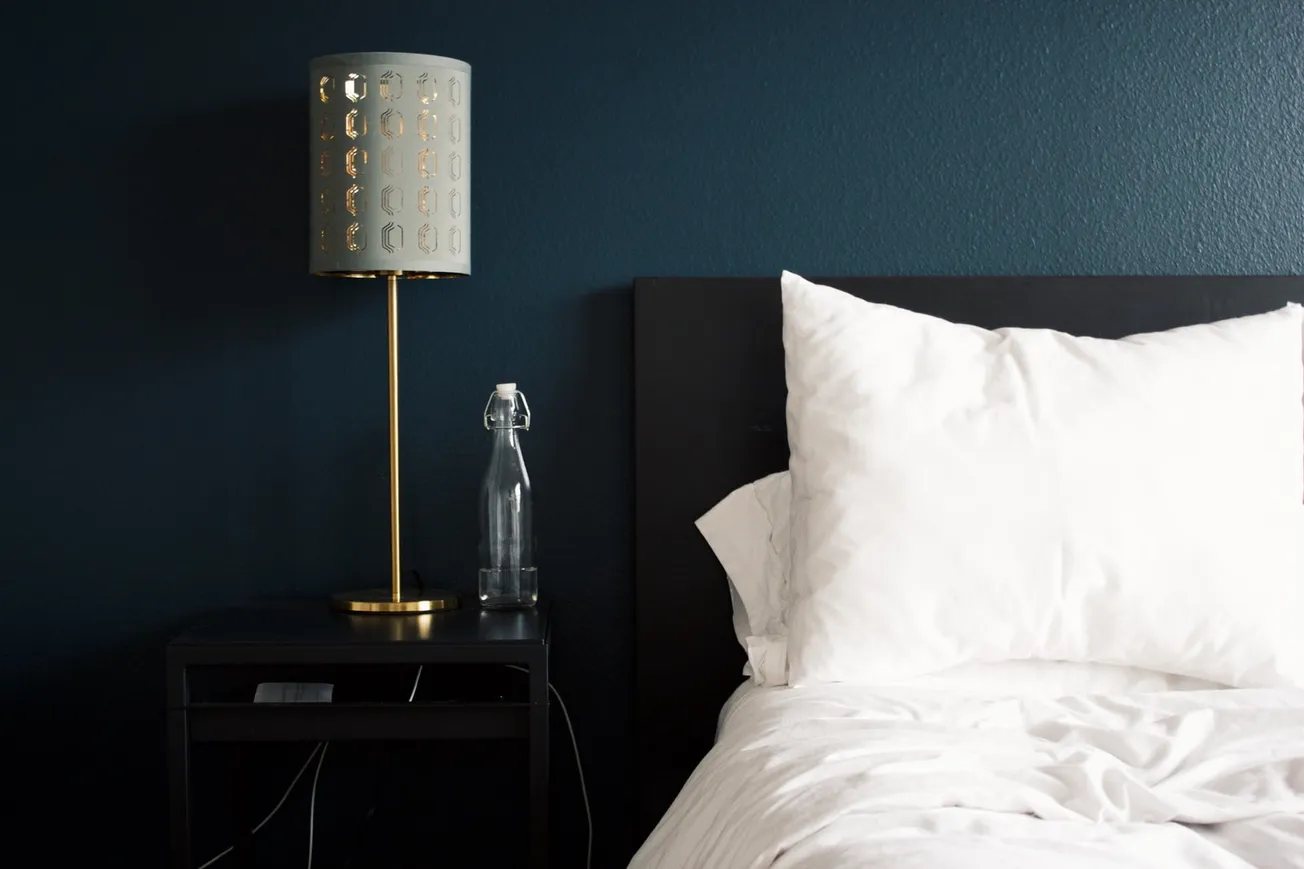Table of Contents
We recently travelled from the West Coast (Westport) to Christchurch for a friend’s wedding.
It is a few years since I had been to Christchurch, and the bride and groom had a lot of guests coming from out-of-town, so they approached a local hotel and provisionally reserved about 12 rooms for their guests. Sounded perfect. They wanted the hotel to make a bit of money out of the occasion, after all the COVID disruption. So accordingly, a month ago, I tried to call them. Several times. The phone just kept ringing. No one answered, nor did it even switch to answerphone. After 3 or 4 tries, I gave up and made a booking through Expedia. All good, but I did wonder why no one was answering the phone in a functioning hotel.
Arriving at about 6.00 in the evening, we were tired, and needed some help to find certain things: a place for dinner, somewhere to buy cotton and needles for hemming, a mailbox for posting a letter, information about the wedding arrangements… only to find the office locked and bolted. There were signs on the door. Check-in would be contactless. There was a list of ‘guests’ and their room numbers. The key is in the room. Vaccine passes are required… but there was no one to check them. The place was a ghost town.

We found our room… and the door was locked. There was no one about but finally, we found another guest who told us which door to knock on to get the room unlocked. Clearly, none of the rooms had been left open.
And as I discovered later, many of the other guests had not been able to get through to the hotel on the phone either and had booked accommodation elsewhere. The hotel was practically empty.
Once inside the room, there was a note saying that, because of COVID, no one could enter the room during our stay which meant no room service, no fresh towels, no clean cups, no bedmaking, absolutely nothing. Check-out was contactless too, of course.
Still, at that point, I believed that these rules had been imposed by an overly controlling government and that the hotel owners were not to blame. That was until I checked on the COVID webpage about the hospitality industry, and hotels in particular.
Here is a screenshot from the COVID website:

There were no rules about contactless check-in, room service or check-out. There was no need to shut the office or leave the few guests they had to fend for themselves. They could have cleaned the bathroom, made the beds and restocked the tea and coffee.
None of this made any sense. We have heard repeatedly of how the hospitality industry has suffered ever since the start of the pandemic, so to find a hotel that was not interested in booking in guests and totally indifferent to their welfare during their stay was not what I expected.
So what is going on?
Well, apart from laziness and zero management skills, both of which I doubt, I have a number of theories as to what is happening in this particular case and no doubt many other similar establishments.
When the pandemic first hit in 2020, the first casualty was hospitality. Overseas tourists were shut out and there was zero income for a couple of months. Then, as things began to open up internally, New Zealanders made an effort to support Kiwi businesses; income began flowing again but nothing was ever going to make up for the loss of 2 million foreign tourists. This particular hotel had (apparently) relied on busloads of tourists from China and it had become neither a MIQ facility nor a place to house the homeless. For over a year and a half their income was severely reduced.
Then, in August 2021, the government shut the country down again – this time for 3 weeks in the South Island where there was not a single COVID case and for 13 weeks in Auckland. People living in our biggest city were confined to home. Worse still, this time, beleaguered citizens didn’t try so hard to support local businesses. And now, as the pandemic comes to an end, everyone is trying not to catch COVID. Over 2 years since the start of it all more people are staying home than ever.
Establishments like this one hunkered down and tried to survive. They had to reduce costs, so they probably fired most of their staff. It is likely that the owners or leaseholders are doing all the work themselves: hence the contactless check-in and check-out, and the lack of room service. COVID can be a brilliant excuse when you are just trying to survive. They still have costs to meet, such as rates, power, insurance and possibly loan repayments, so the only way out is to conserve every cent possible at all times.
At full capacity, this hotel probably had an income of about $5,000 per night. Over the weekend they may have made about $1,500. Sure, they didn’t try particularly hard to attract all possible guests for that weekend but it really would have been a drop in a bucket compared to the income that they once enjoyed.
And now that the pandemic is close to the end, they may have managed to survive but they will probably have to wait until the end of the year before the busloads of Chinese tourists start rolling up again. They are not out of the woods yet. They face yet another winter with little income and have just ‘enjoyed’ a third summer season with reduced income too. That they are still operating after all that is a surprise in itself. Whether they will still be operating, though, when the first tourist bus arrives is anyone’s guess.
We went to a pub in Riccarton for dinner and a local cafe for breakfast but both were only one-third full. No COVID passes were required at either place, incidentally. Clearly, hospitality is still doing it tough. The damage to local businesses is, in many cases, probably irreparable.
All those vaccine passes, mask mandates, lockdowns and closed borders have done enormous damage to an industry that used to bring in a lot of revenue. It brought in tax revenue too. The government, in focusing almost entirely on elimination, has cost thousands of local businesses their livelihoods or driven them to the brink of ruin. But they have reduced their own revenue take as well.

Ignore all the comments about a ‘buoyant economy’. From my own observations of the hospitality industry in Christchurch last weekend, and in Wellington the week before, tax revenue from one of our biggest sources is well down. The government may be underplaying it, but we all know this to be true. The truth will come out eventually.









